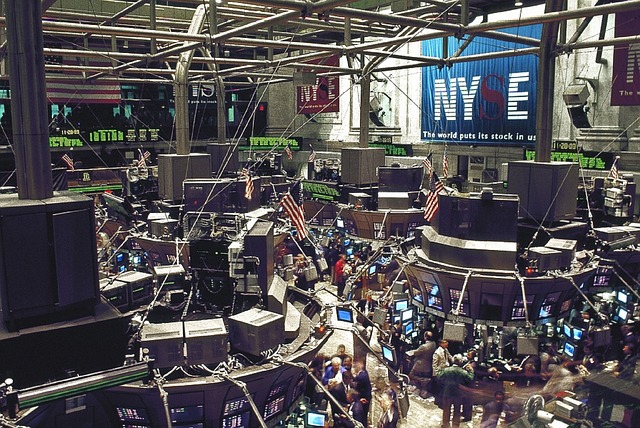Swissquote Bank: Microsoft beats, Fed decision ahead
Swissquote Bank: Microsoft beats, Fed decision ahead

By Ipek Ozkardeskaya, Senior Analyst at Swissquote Bank
The Asian trading session was mostly choppy but the Nasdaq futures gained following a strong earnings report from Microsoft. Sales rose 17% last quarter thanks to solid hardware and software demand from an army of workers-from-home. While the Azure division of the company grew 50% , benefiting from an accelerated corporate shift to the cloud. Needless to say that the future looks promising with more growth potential in this part of the business even after the pandemic. So, Microsoft results didn’t only surprise investors to the upside, but got them to dream for more.
After the market close today, three other darlings of stock investors - Facebook, Tesla and Apple - are due to release earnings, which should hopefully keep investors happy as well.
But if the US big tech continues its extended honeymoon, other layers of the economy don’t necessarily tell the same story. The pandemic continues taking a toll on businesses in the US and worldwide - keeping most of small and medium sized companies craving for more fiscal and monetary stimulus.
If there are uncertainties regarding the timing of Biden’s latest $1.9 trillion fiscal relief proposal , there is little doubt about the strategy that the Federal Reserve (Fed) will adopt at this week’s meeting.
A no-decision day for the Fed
The Fed will announce its latest monetary policy decision today and is expected to make no changes to the actual monetary policy. The Fed will maintain its ultra-lose monetary policy intact: near zero interest rates, 120 billion worth of sovereign bond purchases each month and other liquidity relief measures to continue giving all the necessary support to the US economy which has been ravaged by the pandemic.
And there will certainly be no hint of a policy tightening, or tapering in the foreseeable future, given that the health crisis has not been loosing speed with the mutation of the virus and delay in vaccine distributions across the globe. It appears that Joe Biden has been too optimistic about getting anyone who wants vaccined by the end of spring. It is now said that end-of-summer is a more realistic target, if all goes well with the production and the distribution of doses.
Speaking of that, the unconsidered scarcity in vaccine doses may turn the trade tensions between the US and Europe that emerged under Trump administration into a vaccine war, as Germany now threatens to retaliate over the US trade restrictions by limiting AstraZeneca’s vaccine exports. No one saw that coming.
As such, the latest developments around the vaccine are bad enough to keep the Fed doves in charge.
The only thing that could interfere with the Fed’s generous strategy is inflation. Throwing so much liquidity in the market should at some point lead to an uptick in inflation levels and require that the Fed takes a step back to avoid an overheating in the economy.
The inflation expectations in the US have already risen to 2%, warning that the actual inflation levels should follow sooner rather than later. We expect to see an uptick in inflation levels in the second half of this year. But because the Fed will tolerate an overshooting in inflation until the average inflation reaches its 2% target, it can probably let its policy running at least six more months.
Gold is down for the fifth consecutive session even though the US 10-year yield slides towards the 1% mark, hinting that investors are not necessarily looking for a safety net before the Fed announcement.









